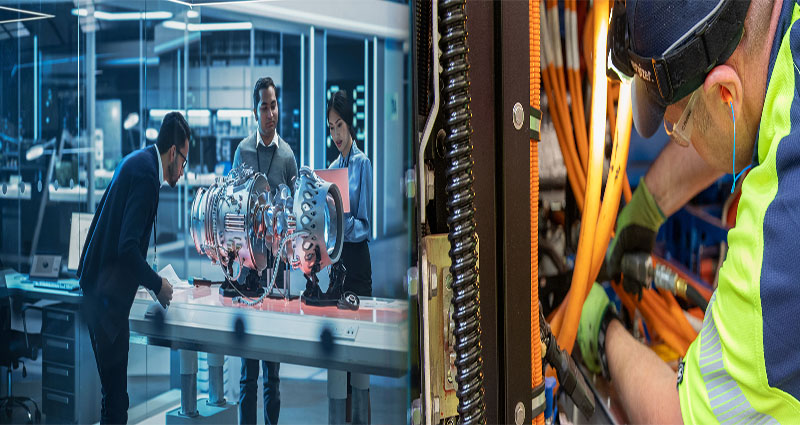In today’s rapidly evolving automotive industry, technological innovations are playing a pivotal role in reshaping the future of transportation, particularly in the realm of electric vehicles (EVs). As the world strives towards a more sustainable future, the adoption of electric vehicles is steadily increasing, driven by advancements in battery technology, charging infrastructure, and autonomous driving capabilities.
1. Battery Technology
One of the most critical components of an electric vehicle is its battery. Technological advancements in battery technology have significantly enhanced the performance and range of EVs. The development of lithium-ion batteries and solid-state batteries has revolutionized the efficiency and durability of electric vehicle batteries. These innovations have not only extended the driving range of electric vehicles but have also reduced charging times, making EVs more practical and convenient for everyday use.
2. Charging Infrastructure
The expansion of charging infrastructure is essential to support the widespread adoption of electric vehicles. Technological innovations in charging stations, such as fast chargers and bidirectional chargers, are making it easier for EV owners to charge their vehicles quickly and efficiently. Furthermore, the integration of smart grid technology is enabling more intelligent and sustainable charging solutions, optimizing energy usage and reducing strain on the electrical grid.
3. Autonomous Driving Capabilities
The integration of autonomous driving capabilities is another key technological innovation shaping the future of electric vehicles. Advanced driver-assistance systems (ADAS) and self-driving technology are transforming the way we think about transportation, making electric vehicles safer, more efficient, and ultimately, more appealing to consumers. These innovations not only improve the overall driving experience but also pave the way for autonomous electric fleets that could revolutionize urban mobility.
4. Vehicle-to-Grid (V2G) Integration
Another emerging technological trend in the electric vehicle industry is vehicle-to-grid (V2G) integration. This innovative concept allows electric vehicles to not only consume energy but also feed energy back into the grid when needed. By leveraging V2G technology, electric vehicles can serve as distributed energy resources, helping to balance the grid, reduce peak demand, and increase the overall stability of the electrical system. This symbiotic relationship between electric vehicles and the energy grid has the potential to unlock new opportunities for sustainable energy management.
Technological innovations are at the forefront of shaping the future of electric vehicles. From advancements in battery technology and charging infrastructure to the integration of autonomous driving capabilities and V2G integration, these innovations are driving the evolution of electric vehicles towards a more sustainable and efficient future. As we continue to embrace these technologies, the future of transportation looks brighter than ever, with electric vehicles poised to play a pivotal role in the transition towards a cleaner and more sustainable transportation ecosystem.

